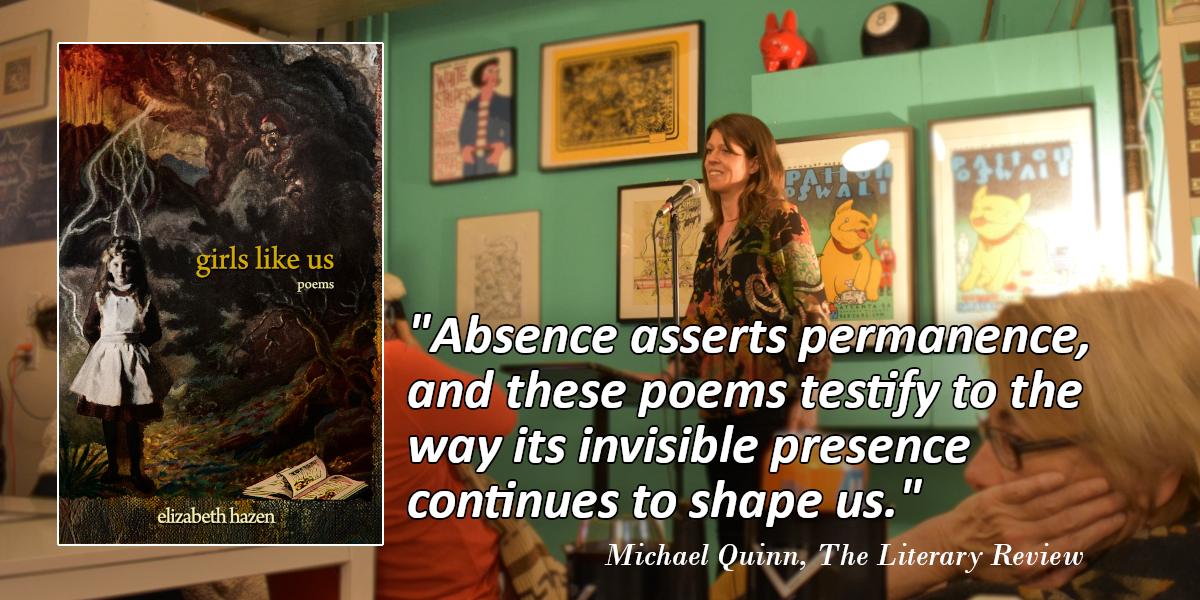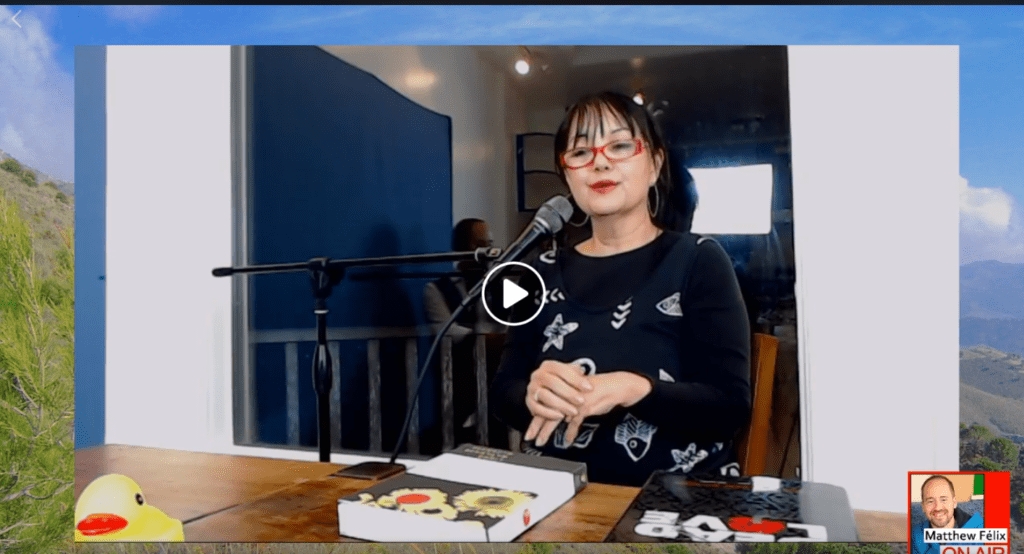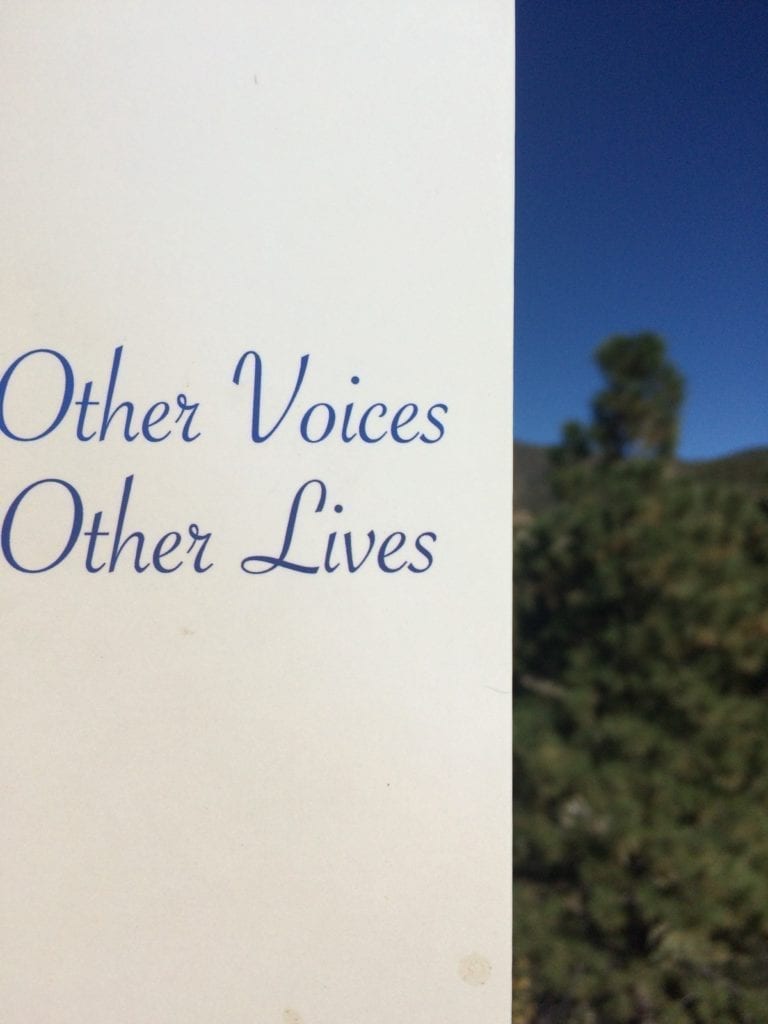TLR Delivers a Stellar Review of GIRLS LIKE US
Michael Quinn of TLR traces the arc of Elizabeth Hazen's new collection "The Last Girl" and discovers the ways in which "Absence asserts permanence."

A new review this week from The Literary Review traces the arc of Elizabeth Hazen's Girls Like Us from a "[focus] primarily on the self, [to] poems [that] are gradually consumed by a responsibility to others, primarily through motherhood and its all-consuming need to provide for and protect."
Motherhood, womanhood, girlhood, addiction, and identity all present themselves in different ways throughout this arc, and Brooklyn-based reviewer Michael Quinn deals deftly with each of them, analyzing bits and pieces of many poems which tell the story of Girls Like Us rather than lingering too long on one or two images. In doing so, Quinn is able to depict Girls Like Us as a book that refuses pigeon-holing and which dares to be complicated and often difficult.
This dedication is evident in Quinn's description of the cover of the collection, a collage by Lindsay Fleming, "Near the girl’s feet, a book lies on the ground with its pages blown open. An adventure awaits: dangerous, scary, exciting, confusing." And, in a more detailed way, it is evident in Quinn's short but revealing analyses of the Hazen's Diagnosis cycle:
'“Diagnosis I,” “Diagnosis II,” and “Diagnosis III” respectively depict three scenes. In the first, an unwell woman is assured by her male doctor that despite her undiagnosed source of pain, there’s nothing wrong with her. In the second, a young virgin’s group of male tormentors becomes her booze-supplying seducers. In the third, the past of a woman at midlife is thrown into relief when a drunk aggressively hits on her. “Girls like / you, he repeated, leaving me / a blank to fill.”'
Linda Watanabe McFerrin Interviewed for Author Matthew Felix’s Video Podcast
Author and poet Linda Watanabe McFerrin sat down with Matthew Felix, himself an author of some renown, for Matthew’s video podcast this last weekend. What follows is an in-depth, thoughtful, and often irreverent look at writing, life, travel, and zombies. And more, we get to hear many of the juicy details on Linda’s new Legacy Book due out from ASP in Autumn 2019…
Fact or Fiction
…And so it is for me, as I send an invented “namesake” into worlds I know vicariously but haven’t lived—Hollywood and hippies, communes and con artists, Woodstock and the Summer of Love. In the opening of Melanie’s Song, J.J. is poised at the edge of the Pacific reflecting on where she has been and where she is going. She is endowed with a deep and spiritual connection to a native place we share, but I am also setting her free to fly into her own undiscovered territory.
Featured Poetry: “Bluebirds” by Grace Cavalieri
Other Voices, Other Lives was my introduction to Grace. Her book sits now on my shelf between The Waves and Duino Elegies, the pages are worn from thumbing-thru, it is dog-eared, destroyed in certain ways well-loved books are destroyed, aged by the eyes, like good denim, but here the creases are black underlines, and the fading is from yellow highlighter and coffee stains. So in honor of, well, my deep admiration for Grace, I’ve picked one of her poems from Other Voices, Other Lives to share. If this is the first encounter with her poetry, welcome, hello, the books page is just yonder up the screen under “books”! If you’ve long been a fan, I think “Bluebirds” is a great poem to share with those who might not yet have been introduced to Grace’s work.

